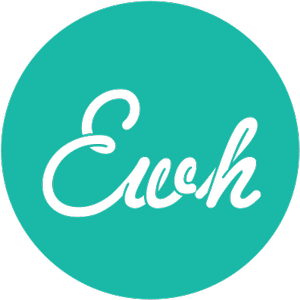

Independent Publishing – Pros & Cons


The other definition of independent publishing refers to an increasingly popular form of self-publishing. Rather than working with a vanity or subsidy press, the author incorporates as his or her own company, or small press, and bears the entire cost of publication, sub-contracting all associated services (copy-editing, layout design, cover design, indexing, printing, distribution, etc.). This can be more expensive and labor-intensive proposition on the front end, but it also allows the author to maintain more control, as well as all the rights and a substantial amount more of the sales proceeds on the back end. Independently self-published books are also less stigmatized in the industry than those published by vanity or subsidy presses, as it is assumed that the cost and labor involved in the process has necessitated the author going to some lengths to ensure quality.
You may notice that this is the only form of self-publishing we’ve explored with more pros than cons…
Pros:
• Author retains control over entire publishing process
• Process from start of writing to books on bookshelves can be accomplished in half the time of commercial publishing
• All rights remain with author, completed books are author’s property, and author keeps all net sales proceeds
• Because every aspect of process can be put out to bid, can be more cost effective than vanity or subsidy publishing, and can result in a much higher-quality product
• Authors can – and should – create a publishing company name that will signal the fact that this is an independent publishing endeavor, or small press, as opposed to vanity publishing.
• Self-published books done well and/or that sell a large number of copies (5,000 or more in first year) often get picked up for resale by commercial publishers or literary agents
Cons:
• Authors undertake entire cost and labor of publication themselves, including all marketing, distribution, storage, etc.
• Can be more expensive and more labor-intensive, especially at the front end
• Works best for particular kinds of projects, such as niche non-fiction. Can be more challenging with fiction and children’s books.




